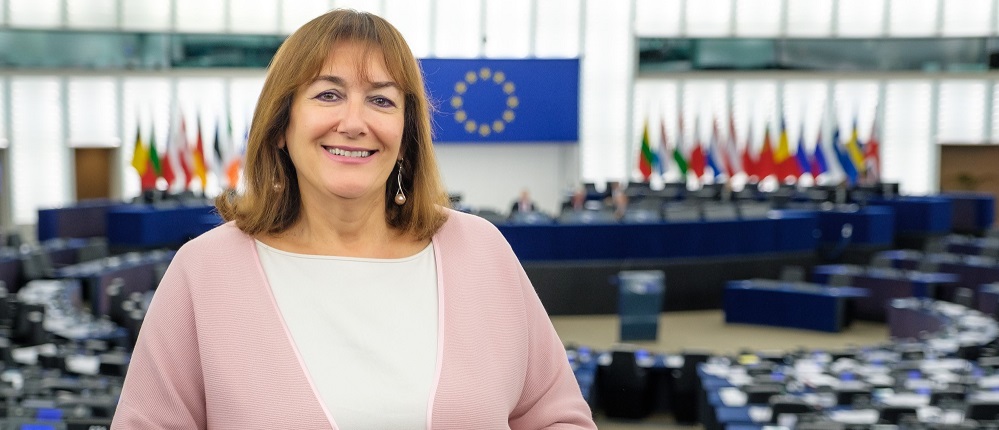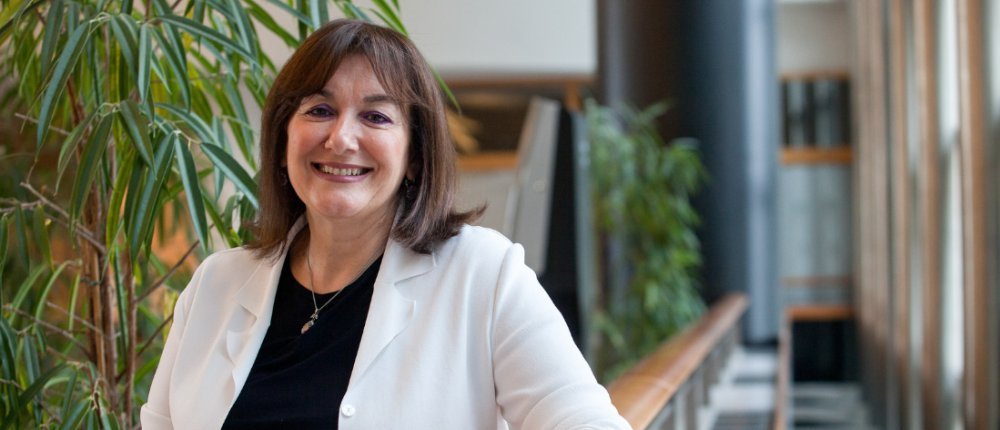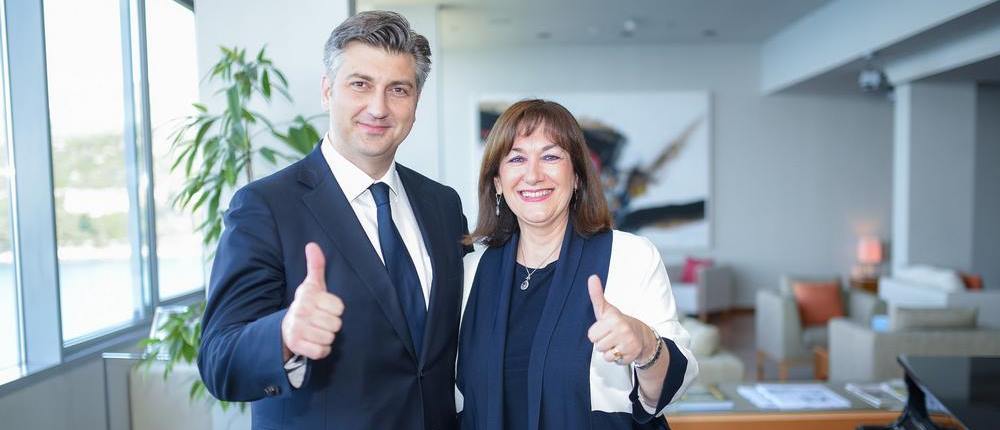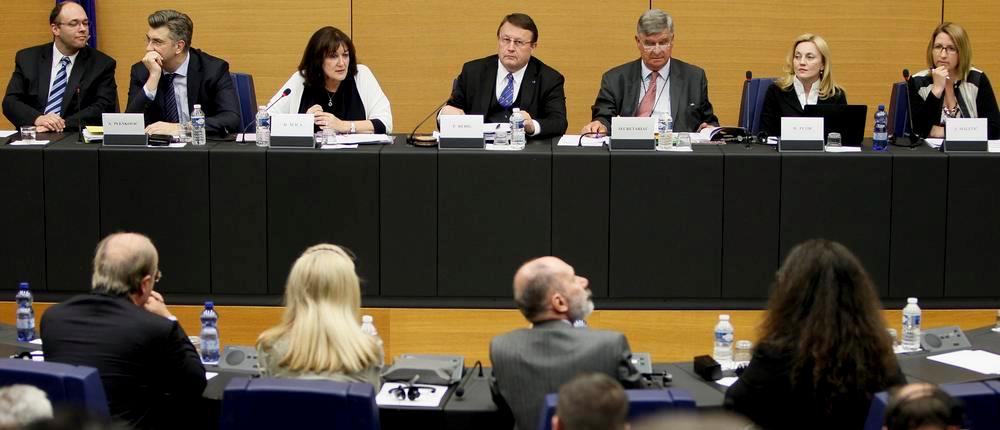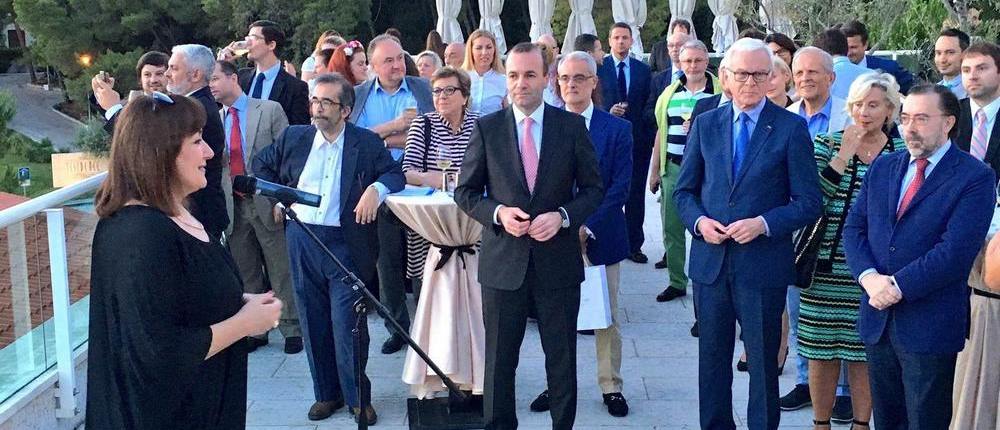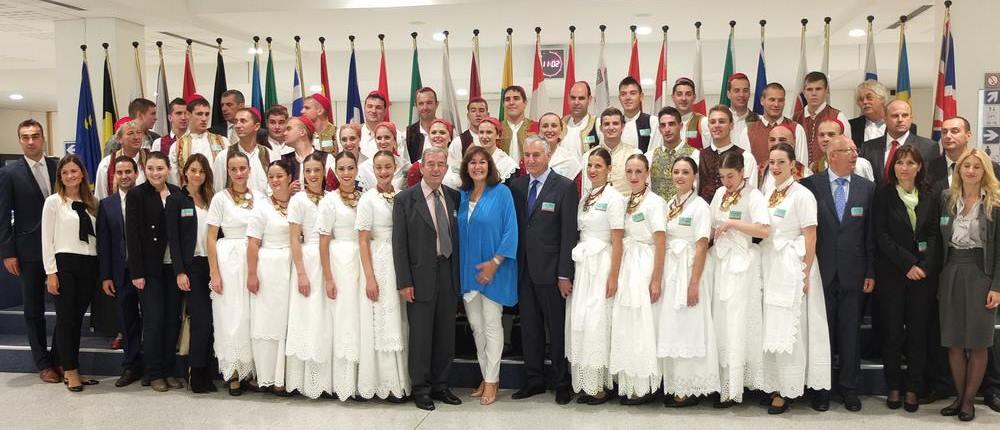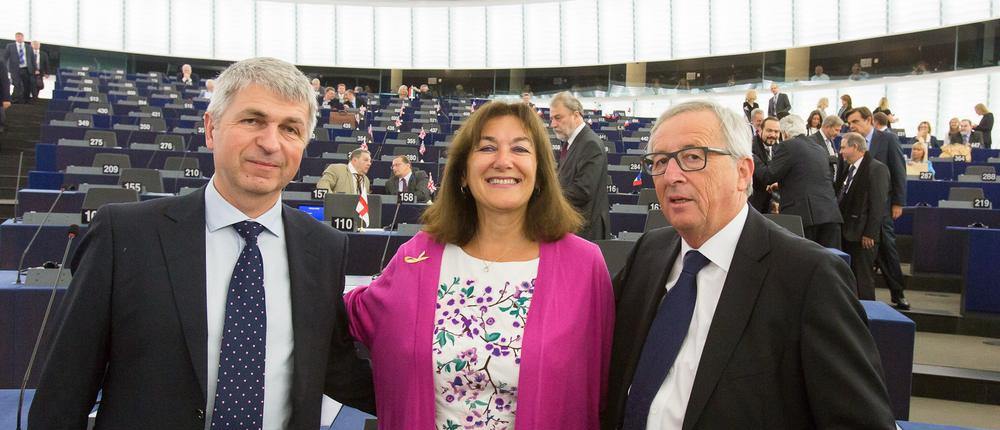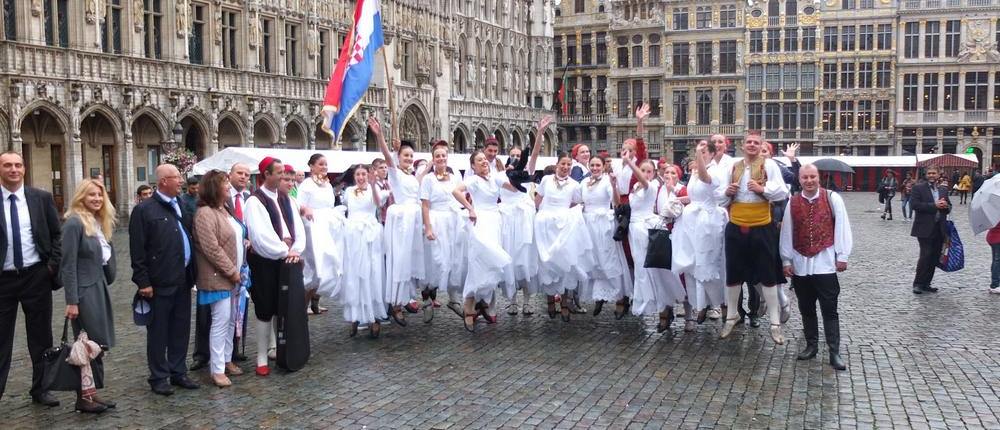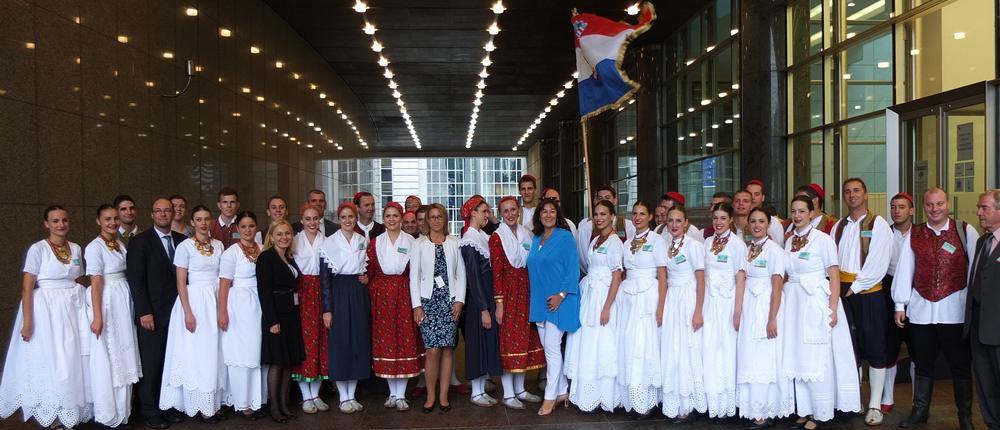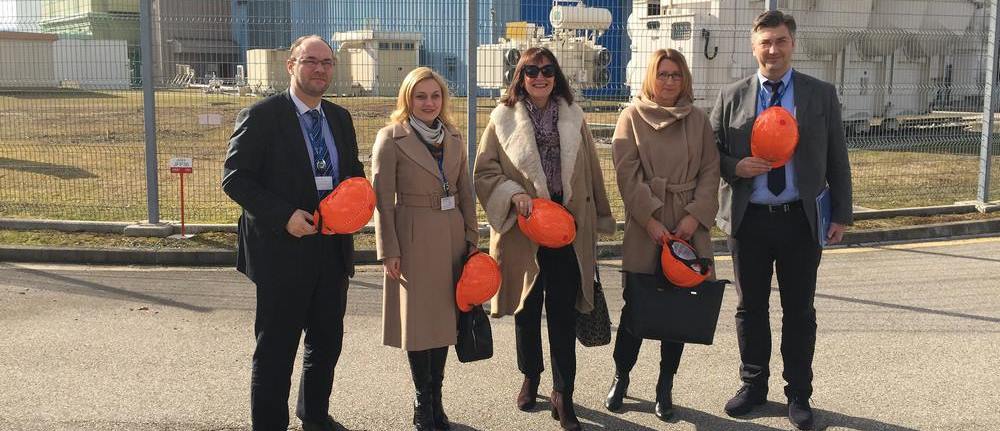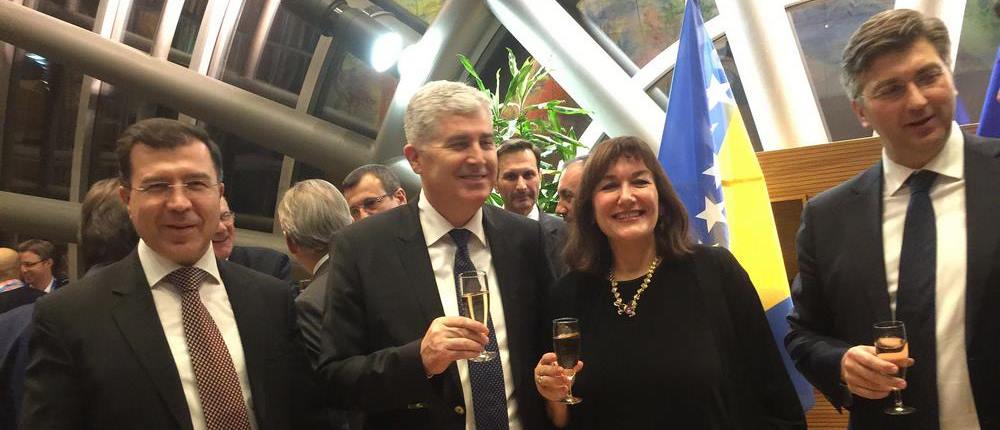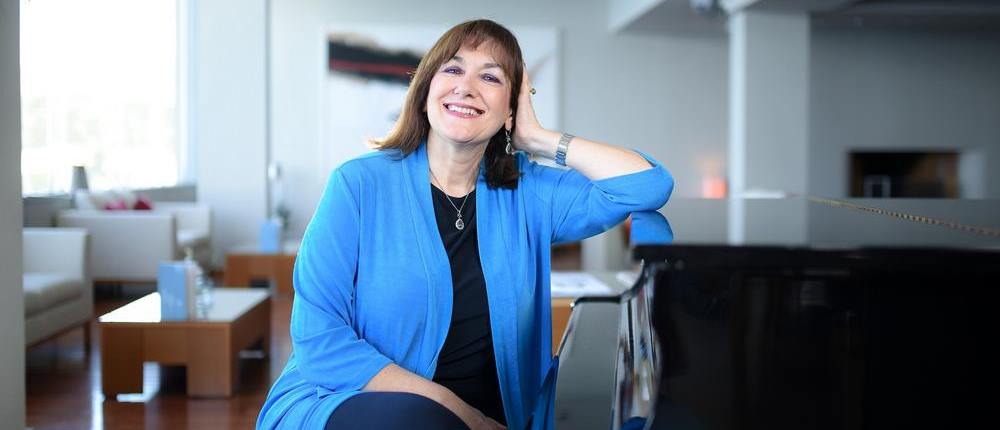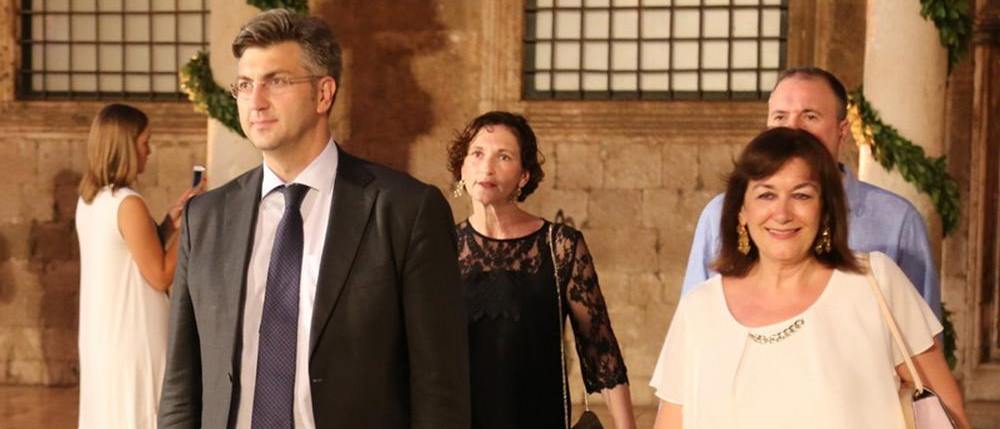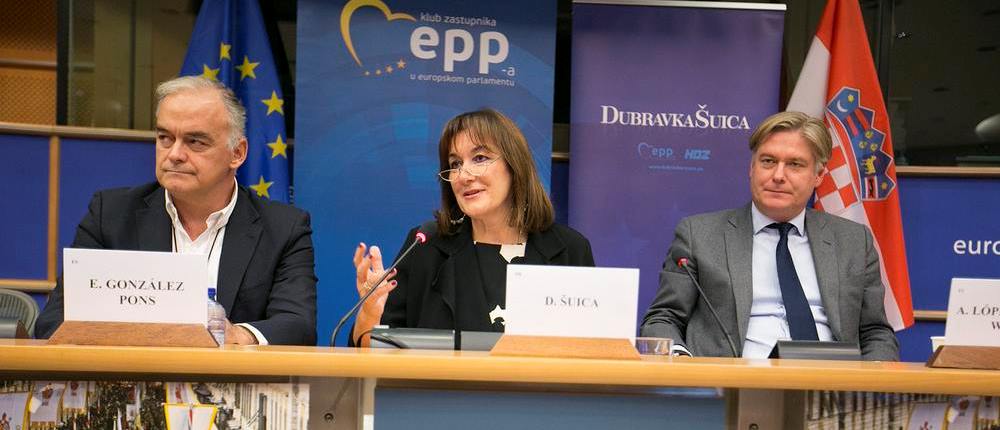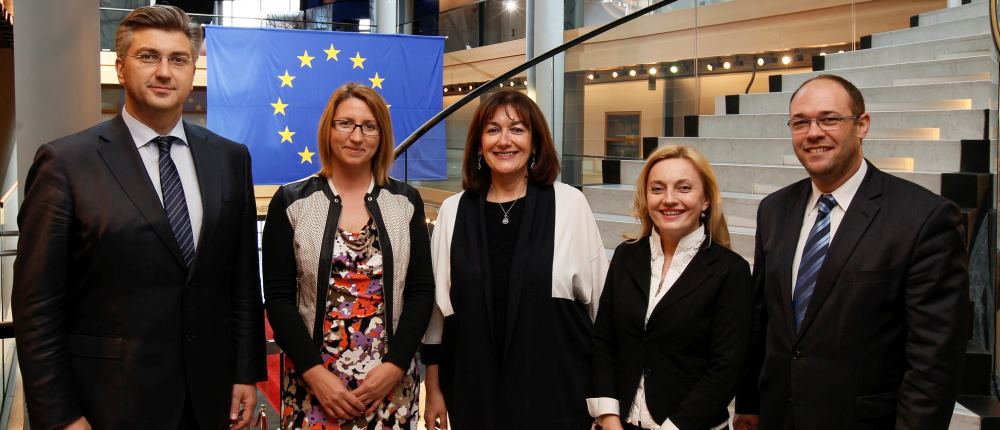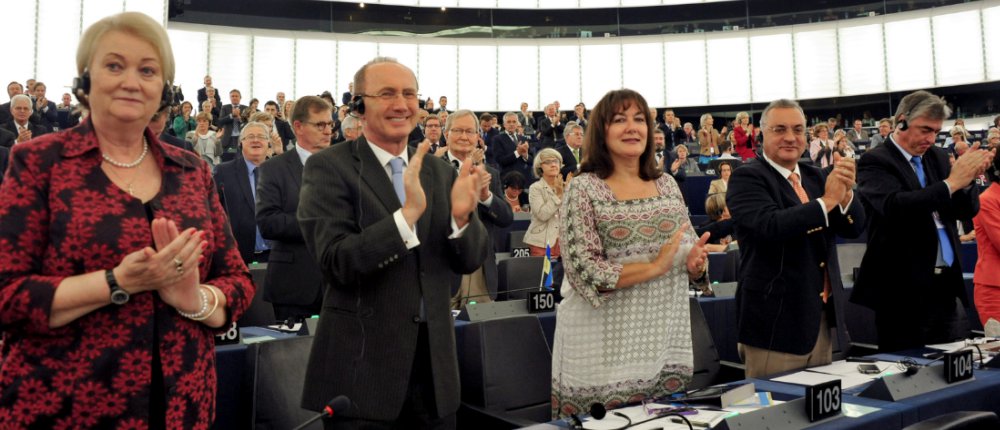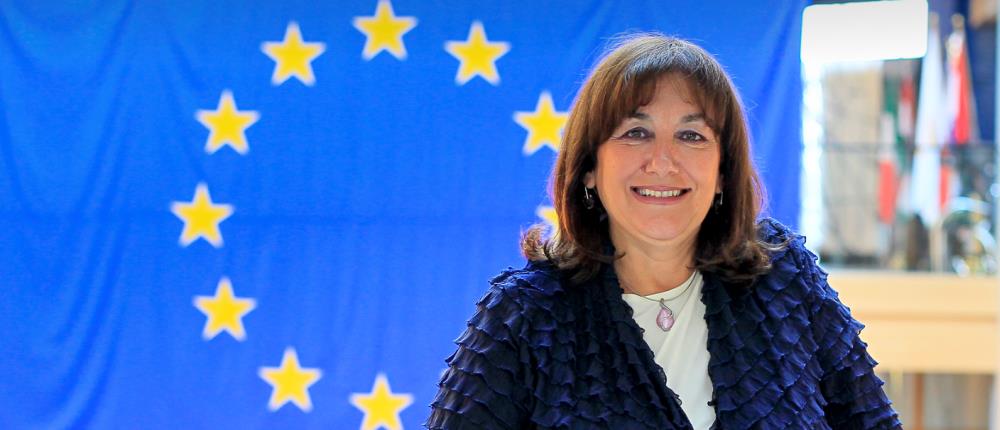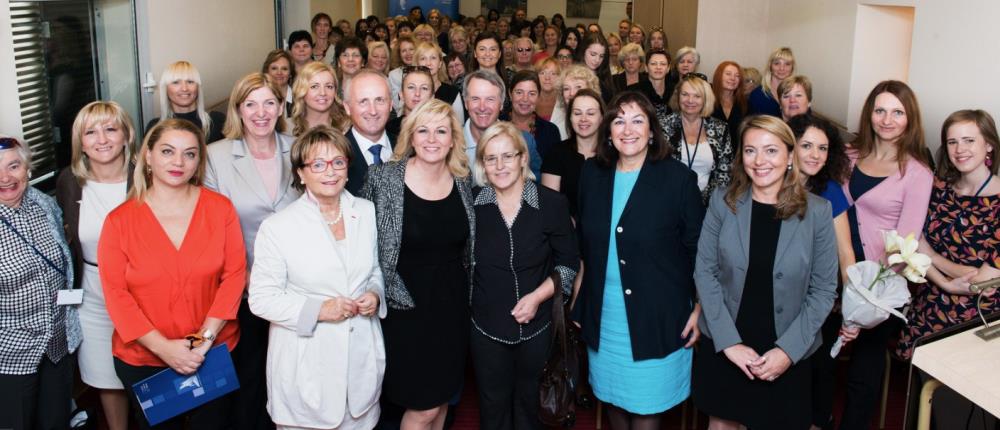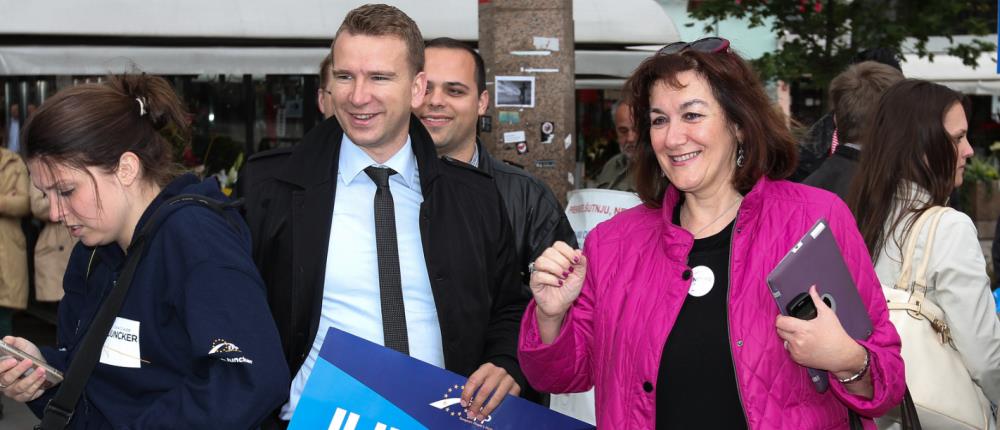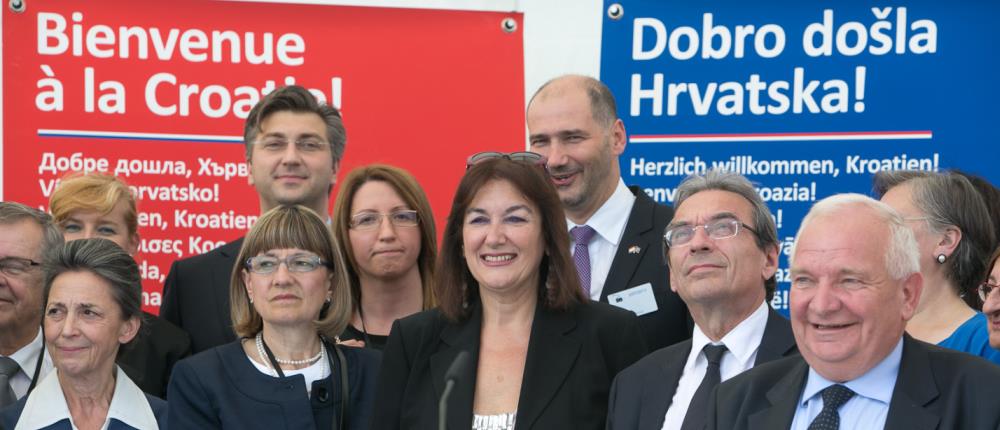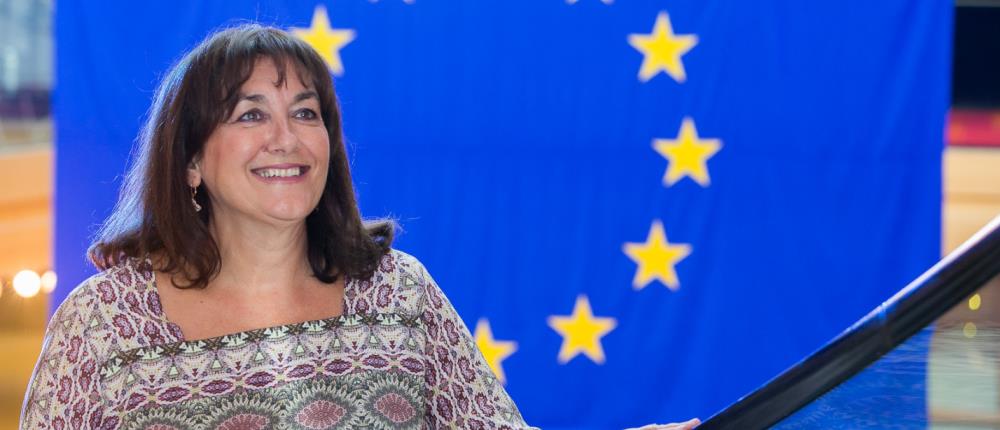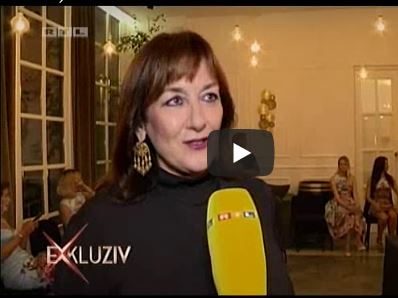International Conference on The Political and Socio-economic Empowerment of Women Based on Women’s Stories (Istanbul, Turkey, 4-6 November 2012)
First session: “Promoting the political and socio-economic empowerment of women”
Speech by Vice-President Dubravka Suica, Congress of Local and Regional Authorities Council of Europe
Madam Chair,
Madam Rapporteur,
Ladies and Gentlemen,
It is a great pleasure for me to be here today representing the Congress of Local and Regional Authorities of the Council of Europe as its Vice-President. The Congress is the first political assembly in Europe that has introduced, since 2008, a minimum 30 per cent requirement of women’s representation in its 47 national delegations as a condition for participation in its work, so this would be, to a great extent, our answer to the question asked by the moderator: Are quotas for political representation a solution?
Quotas, as any positive measures, are certainly crucial to get the process rolling, to give women a chance for entering the political arena and to ensure that they have a head start in the area that has been traditionally reserved for men. Sometimes the goodwill alone is not enough – you have to force the hand in order to break through the stereotypes and make sure that good examples to the opposite can be seen and benefited from by both politicians and ordinary citizens alike.
Women’s stories that we will hear today are just such cases in point, good examples of women who, I am sure, at some point in their lives received a boost in one form or another that helped them to join political life. In other words, if we wish to increase women’s participation in politics and political representation, we need a booster, and quotas might just as well serve this role. Initially, they force the hand of decision-makers as a required condition – until it becomes a habit, business as usual, an accepted reality and, finally, just a natural thing.
However, quotas alone are not enough. Inasmuch as they can help women to enter politics, quotas are not sufficient to maintain political participation, let alone sustain a political career. Here, broader measures are needed for increasing the necessary competences through education and training, and for building experience through practice, as well as for mustering support through professional associations and acquiring social capital through networking.
Two years ago, the Congress elaborated a number of proposals for such measures to boost women’s participation in local and regional politics, adopted in March 2010. We in the Congress remain convinced that the grassroots level of local and regional communities offers a great potential for direct citizen participation in democracy, and certainly provides better chances for the participation of women in general and their participation in political life in particular – by becoming members of municipal or regional councils, mayors or regional presidents. This is also a level where women can become directly involved in a day-to-day administration of communities – not to mention that even for men, the local level is often a springboard to begin their political career, and it is not by accident that starting at the grassroots and building up is a career path of many a politician.
It is at the level of our local and regional communities – villages, towns, cities, provinces and regions – where people learn their first democratic experience, and where their interaction begins with society, with public authorities and with democratic institutions and mechanisms. It is also at this level where good examples of women’s work are the most visible by our citizens.
This is why in its Resolution 303 (2010) and Recommendation 288 (2010) on “Achieving sustainable gender equality in local and regional political life”, the Congress, among other things, encouraged women to run as candidates and stand for elections, called for the appropriate training of elected representatives and their staff, and proposed a new approach to political parties, including in selecting candidates. Political parties in particular must give priority to the ability of its members to represent the concerns and experiences of the communities rather than long past experience as elected representatives, as a form of positive action in order to increase the number of women candidates. The Congress also encouraged the setting up of women’s networks, which is of crucial importance for multiplying political efforts of women.
Last but not least, we called for using public communications to combat gender stereotypes and making it clear that discriminatory behaviours and attitudes reinforcing stereotypes are not acceptable. In this regard, I cannot stress enough the important role of the media in changing the mentality prejudiced against women and their participation in public life. One of the main obstacles to women’s empowerment, one of the main reasons for their unequal treatment is in fact mental constructs, stereotypes and prejudice towards women built over centuries of inequality – prejudice that has become part of culture and thinking. This is the reason why today, we have more demagoguery and lip service to equality than genuine realization, and this is where the positive reporting in the media can make a crucial contribution.
These stereotypes are especially visible in assigning to women a secondary role compared to men, that of a decision executor and care-taker rather than decision-maker and policy setter. For example, in many cases in politics and administration – including in international organisations – we find women in a No 2 position: Vice-Minister, Vice-Chair, Deputy Secretary General, Deputy Mayor. Inequality also persists in the distribution of “political weight” – at the local level in politics, for example, we often find women mayors in smaller communities rather than big cities. Women who are deputy mayors are also often assigned responsibilities seen as traditionally feminine: schools, children, young people, health care, social assistance – a kind of extension of what they might be doing at home. We need a political will and policy change to give voluntarily more real power to women, and this requires a major paradigm shift in mentality.
Such change must go hand in hand with transformations in the legislative framework, to gear not only minds but also laws towards empowering women and ensuring their participation in society in general and in politics in particular – through, among others, positive measures, including quotas.
This is important not only because gender equality is a fundamental requirement of modern democracy, and because a society cannot be free and democratic if the liberty and dignity of half of its members are not guaranteed and upheld. It is important also because women bring their own angle of vision to the situations, problems and challenges facing us, offering often a different opinion from their own unique experience. In politics in particular, women contribute a different outlook on responding to the citizens’ needs and demands, often addressing them in a more pragmatic rather than “politicised” way. Women become more easily than men active advocates of a cause, and are much less inclined to play “political games”. In fact, women change the way politics are done, and we need this change.
Ladies and Gentlemen,
In conclusion, I would like to welcome so many women representatives from North Africa and the Middle East with us today. Just two weeks ago, during its plenary session in Strasbourg, the Council of Europe Congress debated a report on opportunities for local and regional democracy presented by the Arab Spring, which stressed in particular the need for measures to promote the empowerment of women and ensure their participation at local and regional level in those countries, in particular their access to elected office. Today, as we are seeking to share European experiences with our neighbours in the southern Mediterranean, we must have women’s issues in the focus of our attention.
The Arab Spring has shown a great role and engagement of women in bringing about political change. It is crucially important, then, that this engagement and commitment of women continue and be recognised, leading to their further role in decision-making bodies that will be put in place. We strongly hope that the change in the southern Mediterranean will bring about the political advancement of women on a large scale, that will begin locally. This is why I particularly welcome our participants from neighbouring countries, welcome their success, and look forward to hearing their stories.
Thank you.



